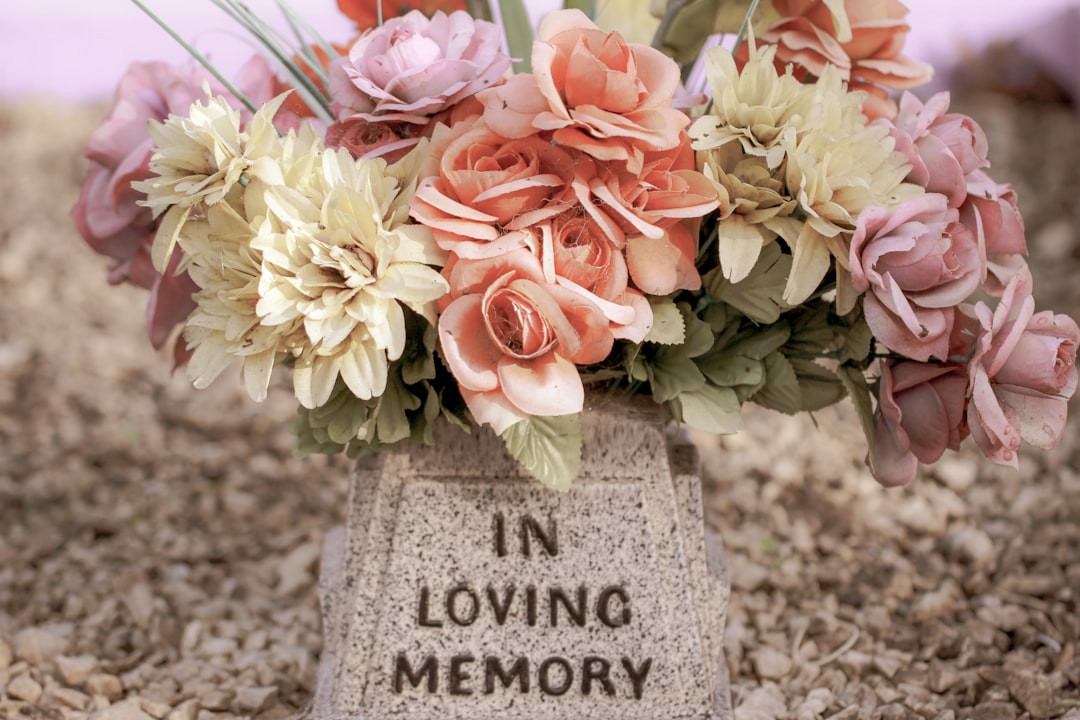
November Q&A
Q: What is the Catholic take on human composting? If it’s a more eco-friendly option that merely speeds up the process of natural decomposition, what’s the point in opposing it?
Human composting is a new phenomenon, now legal in the UK and the US states of California, Colorado, Oregon, Vermont, and Washington. While there has been no official Magisterial ruling (to my knowledge), Bishops in these states have consistently opposed the practice.
You are correct, of course, in saying that bodies will eventually decompose anyway (unless they don’t). But what is at stake here is not primarily the tangible result produced by the burial process so much as the spiritual realities made manifest by our outward actions. At stake in this corporal work of mercy is the respect for the human person in the process of burial and the interior goods of the persons doing the burial.
In a sense, this is not a new question, but rather a contemporary extension of the Medieval squabbles about the morality of burying the dead (pardon me, Aquinas, for reducing your fine work to a “squabble”). It seems age-old questions still haunt us: what do we owe the dead, and why?
Christian burial should help us to grieve and show reverence for the dead. It should remind us to pray for the dead, and to look forward to the resurrection of the body. Our choices surrounding burial should facilitate our ongoing relationship with the Church Triumphant in heaven and the Church Suffering in purgatory.
Why not compost Grandma, though? How is remembering Grandma next to the tree we planted in her honor less reverent than doing so next to a headstone?
By all means, plant the tree! Just don’t use Grandma’s remains as fertilizer. Grandma is more than chicken manure. Grandma is more than the organic material feeding the tree in our backyard, and she should certainly be treated with greater respect than last night’s potato peelings.
The way we bury our dead has a reciprocal relationship with the way we regard human persons. The burial we choose reflects what we think about the dignity of human beings; the way we bury our dead will inevitably inform the way in which we regard the living.
There is no doubt that for some, human beings are merely material, and within that view, composting bodies makes a great deal of utilitarian sense. As Christians, we know that we are more than material beings, that our existence does not end merely because our life here on Earth does. Our bodies, the bodies of those whom we love, and indeed, the body of each human person merit treatment that reflects this eternal reality.
Link Roundup: What’s new in bioethics?
In rare good bioethics news, researchers are celebrating the birth of the first babies treated for spina bifida in utero with adult stem cells (IPSCs), the ethical alternative to embryonic stem cells.
Over at Our Sunday Visitor, I shared why embryonic and stem cell research is the next prolife frontier.
I also shared my journey away from hormonal contraceptives at Natural Womanhood, explaining why Biden’s choice to remove coverage for FABMs at the end of this year not only limits “choice” for women, but is just bad medicine.
Listening Recs:
If you love storytelling podcasts like Serial and Dirty John, Biohacked: Family Secrets is a must listen. It’s a secular exploration of all things reproductive technologies, and is as fascinating as it is harrowing. Enjoy!
I enjoyed chatting with Trinity at the S.A.L.T. podcast about my journey to becoming a Catholic writer and the origins of Reclaiming Motherhood from a Culture Gone Mad.
Required Reading:
Reclaiming Motherhood from a Culture Gone Mad, by yours truly, releases at the end of this month!
An Unholy Science: The Past, Present, and Future of Fetal Tissue Research by Stacey Trasancos
What it Means to Be Human: The Case for the Body in Public Bioethics by O. Carter Snead
Books: Mama Prays | Reclaiming Motherhood from a Culture Gone Mad
Connect: Twitter | www.SNStephenson.com
Podcast: Brave New Us


"she should certainly be treated with greater respect than last night’s potato peelings"
The dead body is no longer grandma it is her earthly remains. Her heavenward remains (intellectual, soul) are now in purgatory, awaiting reunion with her body. Read Dante's purgatorio, canto 25, very inspiring (read esolen translation). In a mirror of Grandma's original embryonic development which featured senses first and intellect later, the purgatorial grandma begins as intellectual soul and only later populates with bodily senses.
Our focus on grandma at burial should be on her purgatorial self. Her molecules will find their way to her self. But if they should find a benevolent intermediate use on earth as in composting that could be a monument to their destined recomposition of the heavenly grandma.